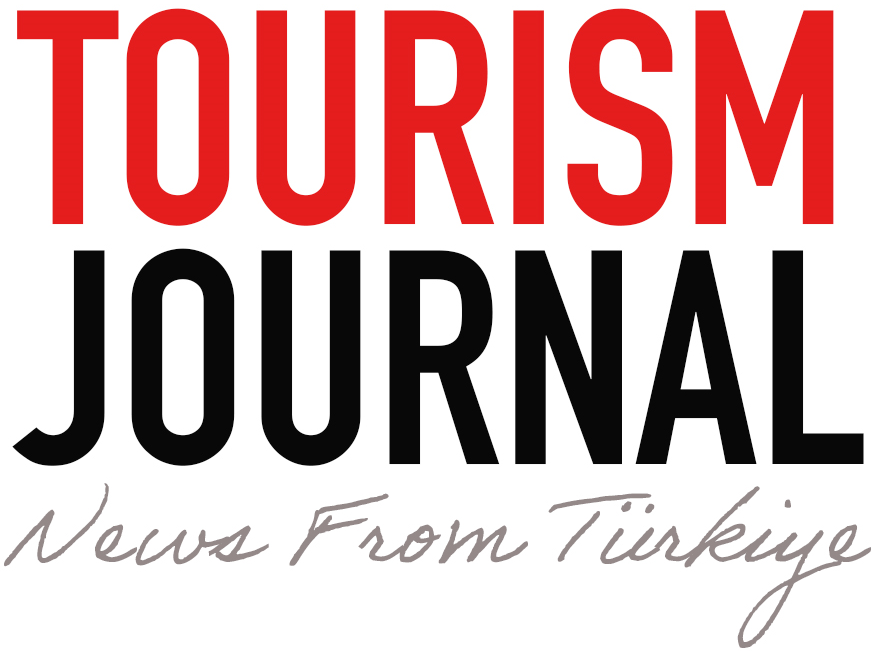Hava Durumu
İstanbul 19 °
ALL0,4012%0,37
AZN21,5302%0,09
BAM20,4066%-1,13
CLP0,0394%0,76
COP0,0089%0,89
CRC0,0733%0,13
ISK0,2722%0,20
JOD51,6238%0,13
DZD0,2744%0,57
KRW0,0252%0,26
EGP0,7242%0,21
HKD4,7190%0,20
KZT0,0731%-0,42
LBP0,0004%0,14
LKR0,1236%-0,21
MAD3,7779%0,28
MDL2,0582%0,11
MKD0,6476%0,37
MYR8,2322%-0,09
OMR95,0634%0,09
PEN9,9867%-0,02
PHP0,6389%0,20
PKR0,1301%0,08
QAR9,6834%0,15
RSD0,3386%0,12
SGD27,4311%0,20
SYP0,0028%0,09
THB1,0882%0,21
TWD1,1101%0,21
UAH0,8811%0,24
UYU0,8596%-0,29
GEL13,1897%-1,54
TND11,8566%0,09
BGN20,3088%0,21
GAU/TRY3.522,82%0,13
BIST 10010.840,59%1,05
USD36,6013%0,09
EUR39,7225%0,19
GBP47,2573%0,05
CHF41,3340%-0,24
CAD25,4742%0,60
RUB0,4281%0,97
AED9,9647%0,09
AUD23,1357%0,72
DKK5,3340%0,32
SEK3,6039%0,60
NOK3,4325%0,44
JPY0,2453%-0,73
KWD118,7928%0,16
ZAR2,0130%0,98
BHD97,0986%0,09
LYD7,6088%1,33
SAR9,7468%0,09
IQD0,0280%0,14
ILS10,0437%0,70
IRR0,0009%0,00
INR0,4210%0,11
MXN1,8359%0,84
NZD21,0389%0,97
HUF0,0995%0,07
BRL6,3751%1,11
IDR0,0022%0,40
CZK1,5917%0,43
PLN9,5356%0,50
RON7,9922%0,33
CNY5,0656%0,26
ARS0,0343%0,12
ALL0,4012%0,37
AZN21,5302%0,09
BAM20,4066%-1,13
CLP0,0394%0,76
COP0,0089%0,89
CRC0,0733%0,13
ISK0,2722%0,20
JOD51,6238%0,13
DZD0,2744%0,57
KRW0,0252%0,26
EGP0,7242%0,21
HKD4,7190%0,20
KZT0,0731%-0,42
LBP0,0004%0,14
LKR0,1236%-0,21
MAD3,7779%0,28
MDL2,0582%0,11
MKD0,6476%0,37
MYR8,2322%-0,09
OMR95,0634%0,09
PEN9,9867%-0,02
PHP0,6389%0,20
PKR0,1301%0,08
QAR9,6834%0,15
RSD0,3386%0,12
SGD27,4311%0,20
SYP0,0028%0,09
THB1,0882%0,21
TWD1,1101%0,21
UAH0,8811%0,24
UYU0,8596%-0,29
GEL13,1897%-1,54
TND11,8566%0,09
BGN20,3088%0,21
GAU/TRY3.522,82%0,13
BIST 10010.840,59%1,05
USD36,6013%0,09
EUR39,7225%0,19
GBP47,2573%0,05
CHF41,3340%-0,24
CAD25,4742%0,60
RUB0,4281%0,97
AED9,9647%0,09
AUD23,1357%0,72
DKK5,3340%0,32
SEK3,6039%0,60
NOK3,4325%0,44
JPY0,2453%-0,73
KWD118,7928%0,16
ZAR2,0130%0,98
BHD97,0986%0,09
LYD7,6088%1,33
SAR9,7468%0,09
IQD0,0280%0,14
ILS10,0437%0,70
IRR0,0009%0,00
INR0,4210%0,11
MXN1,8359%0,84
NZD21,0389%0,97
HUF0,0995%0,07
BRL6,3751%1,11
IDR0,0022%0,40
CZK1,5917%0,43
PLN9,5356%0,50
RON7,9922%0,33
CNY5,0656%0,26
ARS0,0343%0,12
ALL0,4012%0,37
SON DAKİKA

New vote for membership of Bulgaria and Romania is on the agenda
As the EU Term Presidency, Spain is trying to include Bulgaria and Romania in the Schengen area by overcoming Austria's veto.
European Union Term President Spain plans to bring to a new vote the issue of including Bulgaria and Romania in the Schengen area, which has been deadlocked for a long time.
The entry of two members into the Schengen area, where internal border controls have been abolished and passport-free travel is allowed, is subject to the unanimous approval of the EU Home Affairs Council. Spain, as the term president, wants to bring the issue back to the agenda at the council meeting on December 5-6.
Spanish Deputy Minister of Internal Affairs Fernando Grande-Marlaska stated that Romania and Bulgaria's participation in Schengen is the "priority" of his country's term presidency and said: "We hope that this will become a reality at the last council of the Spanish term presidency in December."
"Let's include it without delay"
The European Commission, which evaluates applications for inclusion in the Schengen area, states that the two countries have met the necessary conditions such as security information sharing, police cooperation and border control since 2011.
European Commission President Ursula von der Leyen made a new call for the two countries' Schengen membership in her annual State of the European Union speech in September.
Von der Leyen said in her speech: "They have proven this: Bulgaria and Romania are part of our Schengen area. So let's include them without further delay."
However, the application of both countries is blocked by Austria's veto. Austrian Minister of Internal Affairs Gerhard Karner said in August: "Our position is that the Schengen system does not work as a whole, so we are not open to its expansion."

Why does Austria veto?
Vienna says the persistently high number of irregular border crossings at the EU's external borders, estimated at around 232,350 in the first eight months of 2023, is a strong enough argument to delay further expansion of Schengen.
Countries such as Austria, Germany, Poland and the Czech Republic began to impose temporary border controls to stop the flow of refugees.
Bulgaria and Romania oppose Austria's stance, arguing that their lands are not part of the Western Balkan or Central Mediterranean route, where most migrant movements take place.
In addition, the public opinion in Bulgaria and Romania has the impression that there is discrimination within the EU.
Moreover, the fact that Croatia, which became a member of the EU six years after Bulgaria and Romania, was admitted to the Schengen area in last year's vote increases the sensitivity of the issue.
Can Austria's veto be overcome?
Romania, which is waiting to be accepted into the Schengen area, pointed out that it is "running out of patience". Bucharest has threatened to take Vienna to the European Court of Justice if it vetoes again.
Spanish deputy minister Grande-Marlaska; "We are working with Austria and all 27 members and I think we will be successful in the end." Asked whether Austria was still resisting, Grande-Marlaska said: "Yes, but we are trying to move forward."
There are 23 EU members in the Schengen area, which has a total of 27 members. Besides Bulgaria and Romania, Ireland and Cyprus are also full members outside Schengen. Ireland is not a member of the region due to its border agreement with England, and Cyprus is not a member of the region due to a border dispute.
Kaynak: Euronews
En Çok Okunan Haberler